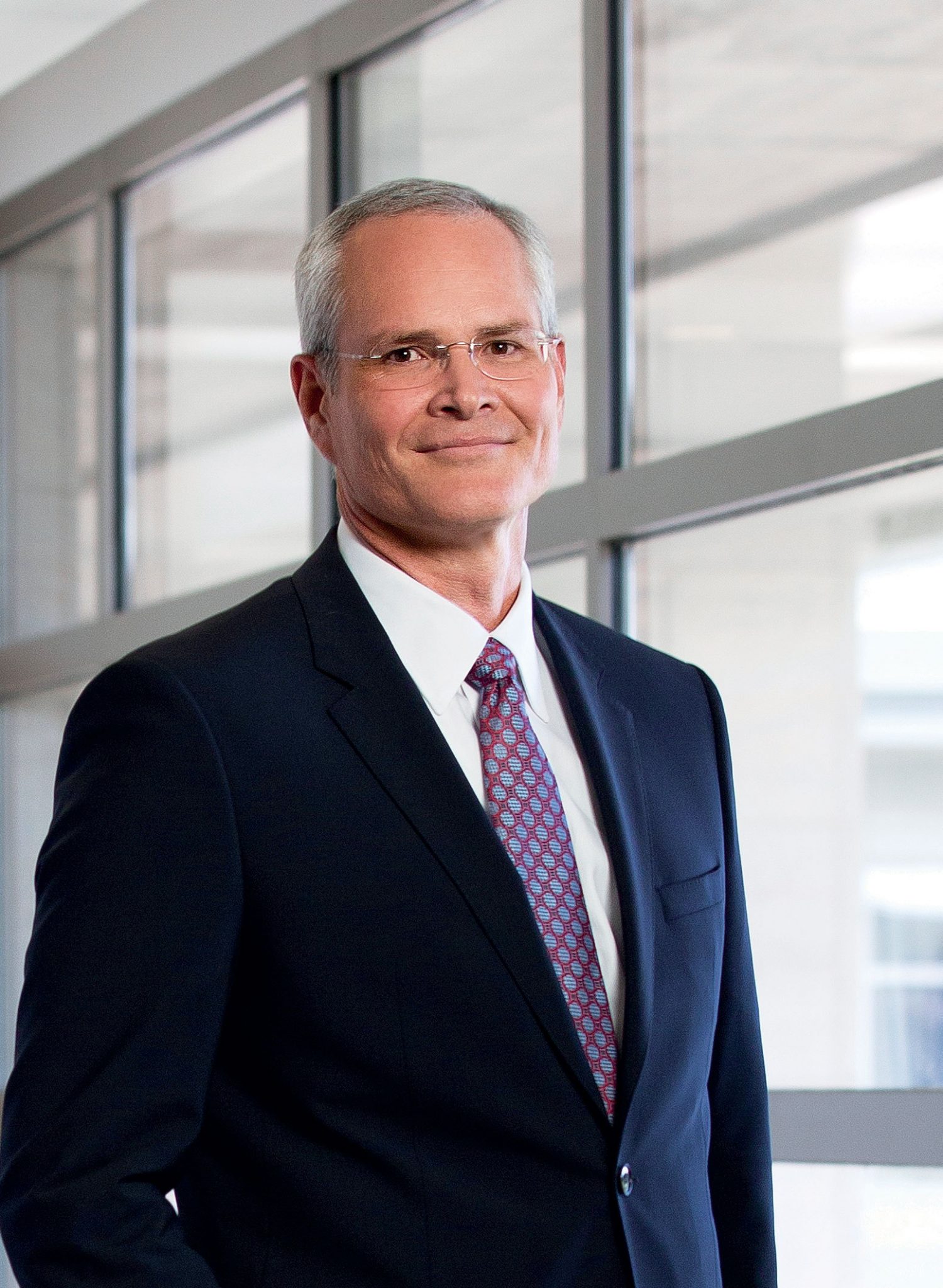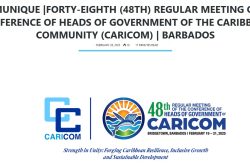ExxonMobil isn’t worried about Guyana’s political climate or a possible change of government as it says both the current administration and the opposition understand the significance of its investment here and would not move to hinder its operations.
With this in mind, the company is forging ahead with its plans for the development in the Stabroek Block offshore Guyana and has assured its shareholders that Guyana’s politics will in no way affect its operations.
“I think it’s important to keep in mind when we go into countries, we go in with a mindset that we’re going to be there for a lifetime, 30 to 40 years. You can’t have a successful development if you’re only talking to a subset or a narrow section of your stakeholder group,” Chairman and Chief Executive Officer of ExxonMobil Darren Woods told a company earnings on February 1st.
“So, we have been engaged with the sitting government, with the opposition, with communities, making sure that the development and what we’re doing is understood and the people are aligned on that. So the opposition understands the contracts that we have in place. I think they understand the value that that development will bring to Guyana and the people of Guyana. So I think it’s very consistent with how we think about a long-term approach to engaging with companies and countries,” Woods added.
He was at the time fielding questions from participants from Goldman Sachs, Cowen and Company and Merrill Lynch on its projects in Guyana.
Despite sustained criticism of the renegotiated Production Sharing Agreement (PSA) with Exxon’s local subsidiary and its partners, the current APNU+AFC government has remained adamant that it was sticking with the deal. While the opposition People’s Progressive Party/Civic (PPP/C) has heavily criticised government’s negotiations, it has not clearly stated its position on re-negotiation.
With early elections potentially due, pending the outcome of a legal challenge, former government petroleum advisor Dr. Jan Mangal has called on all political parties to state their plans for the oil and gas sector.
He said all parties should declare their views, including if they support the re-negotiating of the PSA. “All political parties should explain their plans for oil and how to ensure Guyana benefits from oil. All political parties should explain their reasons for/against re-negotiating the contract with Exxon for the Stabroek Block. All political parties should explain their plans for investigating the highly suspicious awards of oil blocks in the run-up to the last election in 2015,” Mangal wrote in a recent letter to this newspaper.
Woods, in his presentation last Friday, explained the company’s performance for the last quarter of 2018. He repeated a lot of what he had said at the third quarter report and noted that the company expects to sanction a number of key projects this year.
‘Not particularly worried’
Investment Bank and Financial Company representative Jason Gabelman pressed Woods on if there would be a pause in works by the company given the country’s current political climate. “Firstly, on Guyana, what’s going on with the government there? I appreciate that you’ve already addressed this question a bit, but if I could push a little deeper. If there is kind of a pause in who’s running the government, are you, one, concerned that you may have to ramp down investments there; and two, is there somewhere else where you would put that money to work in if there is a potential pause or slowdown in the pace that you’re developing that asset?” he asked.
As he thanked the people of Guyana for their support of ExxonMobil’s operations here, Woods again emphasised that the company has taken a broad-based approach to dealing with countries’ changing politics in its overall plans.
“Frankly, given the discussions that we’ve had since really coming to Guyana with the stakeholders that we’ve got across the political spectrum there, given the discussions about the advantages this development brings and the recognition of those advantages by a very wide constituency in Guyana, we really don’t have any concerns about the political dynamics that are happening there,” he said.
“We understand that that’s the nature of governments and countries around the world. We basically expect governments to change over time. Again, when you’re coming into a country for 30 plus years, I think it would be extremely naïve to think that you’re only going to have one constituency there for the timeframe. So, again, we take a very broad-based approach. I think all the feedback we’ve got, the alignment that we have in the country supports what we’re doing here because they recognise the value that it’s going to bring to Guyana. So, real happy about that. And as I said, I think the phase 2 is on track, remains on track. We don’t see that coming off at this point. And obviously we’ll see how things develop there. But we’re not particularly worried about it given the value and the strength of that investment,” he added.
Woods also praised the operations the company has with its partners, CNOOC and HESS in the Stabroek Block, even as he underscored additional growth potential. He was asked if the company would “notionally increase the targeted growth or would you intend to do more with less or perhaps accelerate disposals to keep the overall kind of scale of your expectations through 2025?” And Woods said that by March of this year, when the company holds its next Analysts’ Day, it would be more certain. “With Guyana, as we continue to see opportunities and leverage what we’re already doing, there’s a lot of efficiencies continuing to roll into production as we have more discoveries and find resources that we can bring on. So I think again we’re going to – we’ll update you with that. But if we continue to have success in exploration, continue to build on that momentum, take advantage of the efficiencies and bring on very attractive, very low cost of supply, as all that kind of comes to fruition, our expectation is we’d see more earnings and more cash and bring in more returns,” he explained.










